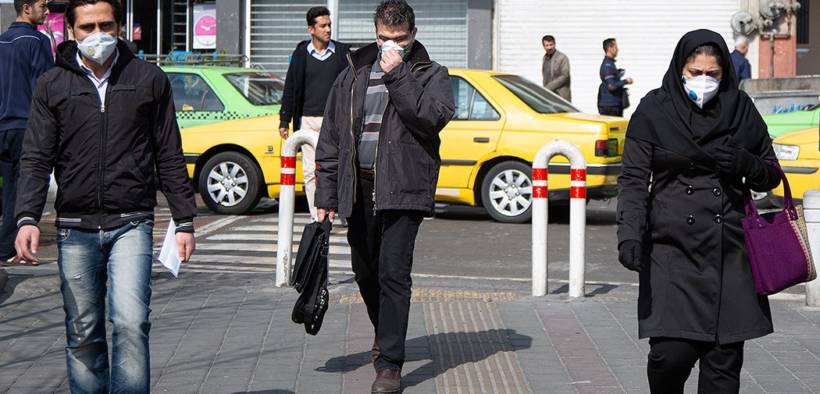Retirement In The COVID-19 Era

“Some of those who are hardest hit but the economic turmoil are retirees and those who are, or were, planning to retire soon.”
Most Americans have not yet experienced the health care impacts of COVID-19 but the financial repercussions of the global pandemic have already hit virtually every sector of the U.S. economy. Tuesday saw one of the biggest stock market jumps in recent history, but with the Senate still stalled on the CARES Act, stability is probably a long way off. Some of those who are hardest hit but the economic turmoil are retirees and those who are, or were, planning to retire soon.
Forced Retirement and Delayed Retirement
Jobs losses due to the pandemic are mounting, hundreds of thousands have been laid off and more will likely lose their jobs soon. For those that have retirement accounts this may mean dipping into them at the worst possible time. In just a few weeks at the end of February and beginning of March some stock heavy 401ks lost up to 20% of their value. Much of this has come back in recent days but they haven’t bounced back completely, and things could get worse before they get better. Some who are close to retirement and have the option to, are choosing to stay working, rather than try and budget for a drastically reduced retirement income. How long this goes on, and what the market does next can end up amounting to years of lost retirement saving and/or years of lost retirement.
Legislative Help
The big federal bills aimed at providing help for those impacted by COVID-19 have a range of benefits that people who have been laid off or had to take medical leave can take advantage off. If and/when the CARES Act passes it will also provide some economic stimulus to the market.
CARES also contains provisions that would eliminate penalties for early withdrawal from 401ks and other retirement accounts. This is a double edged sword because it could help people get access to their much needed funds in the short term, but also encourage people to drain funds when their value is low and there will be less available for them later.
Senator Rand Paul (R-KY), who himself recently tested positive for COVID-19, just introduced S. 3558 a bill to help those over 70 keep more of their investment money. Under current Securities and Exchange Commission rules once a person turns 72 they have to take a certain percentage out of their IRA each year. This is because IRA’s are designed to be retirement income, rather than a way to pass along wealth to the next generation. Those over 72 who do not take out the required percentage must pay a penalty. Paul’s bill would stop enforcement of the rule. The measure was introduced on March 21 so it hasn’t been scheduled for any hearings yet.
Where Will Markets Go Next
Tuesday’s bounce back was partially built on hopes that the Senate would pass the CARES Act, but the Senate remains at an impasse. President Trump’s messaging that he wants to see business getting back to normal around Easter is also not helping. That time frame is directly at odds with recommendations from health experts and the timeline of how the virus has played elsewhere, and this type of mixed messaging just adds to individual confusion and financial uncertainty.
Echoes of 2008
The global recession triggered by coronavirus may feel somewhat familiar to the Great Recession of 2007-2009, and there are some similarities. In both cases the markets were in a way destined to crash and there were assets being traded globally that were considered by many experts to be overvalued. And like the Great Recession this hit will likely take years fully play out.
But there are significant differences too. The most important distinction is obviously that COVID-19 is a health crisis, not just a financial one. Each day in the U.S. the number of cases of COVID-19 rises, and so does the number of deaths. For individual and for the U.S. as a whole finding a way to balance current financial needs with saving for retirement and looming health care costs is only going to get more complicated.








“Saving for retirement” — must be nice! How many millions of Americans lead a perpetual and perilous hand-to-mouth existence? The government does not publish these numbers. The government counts the burger-flipping peasantry as “employed”. “The economy is great!” So said Reagan, so rump has said. So the vetted media have said. But just whose economy has it been?